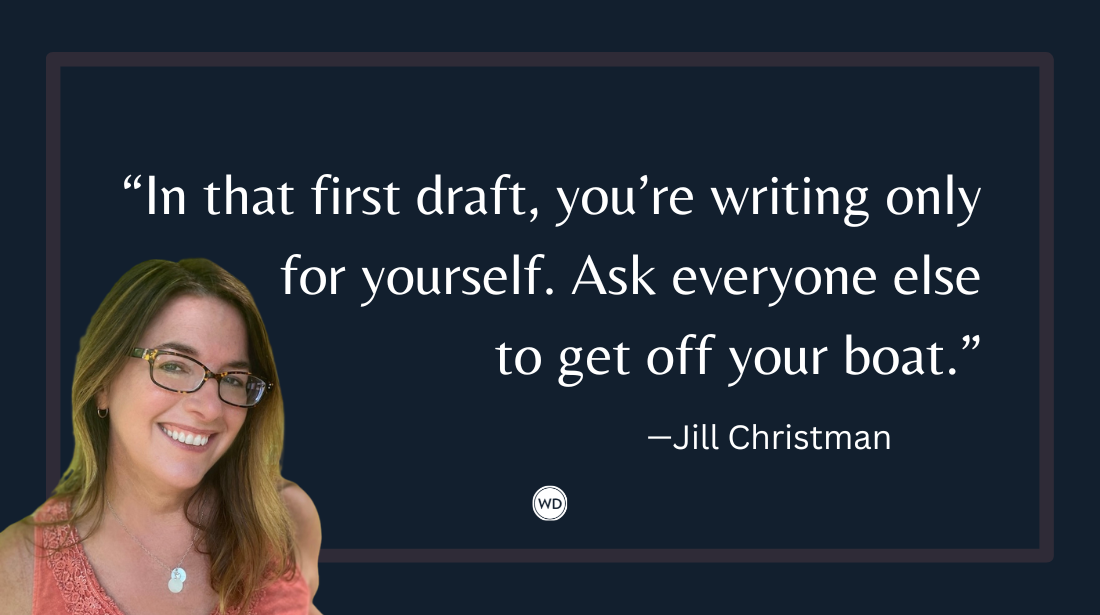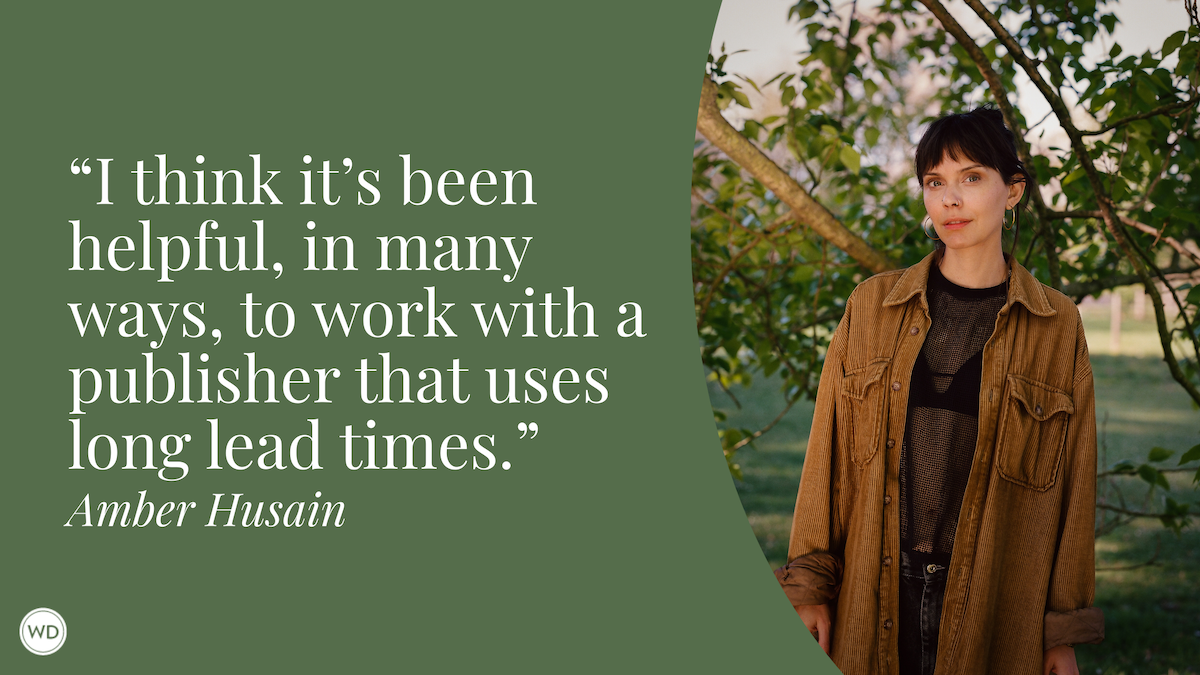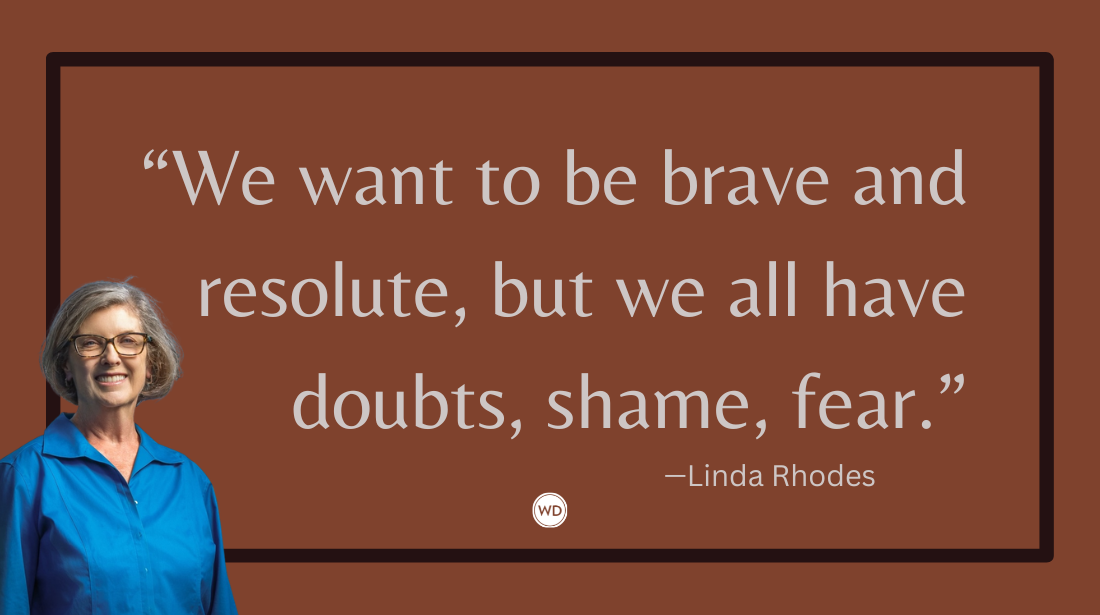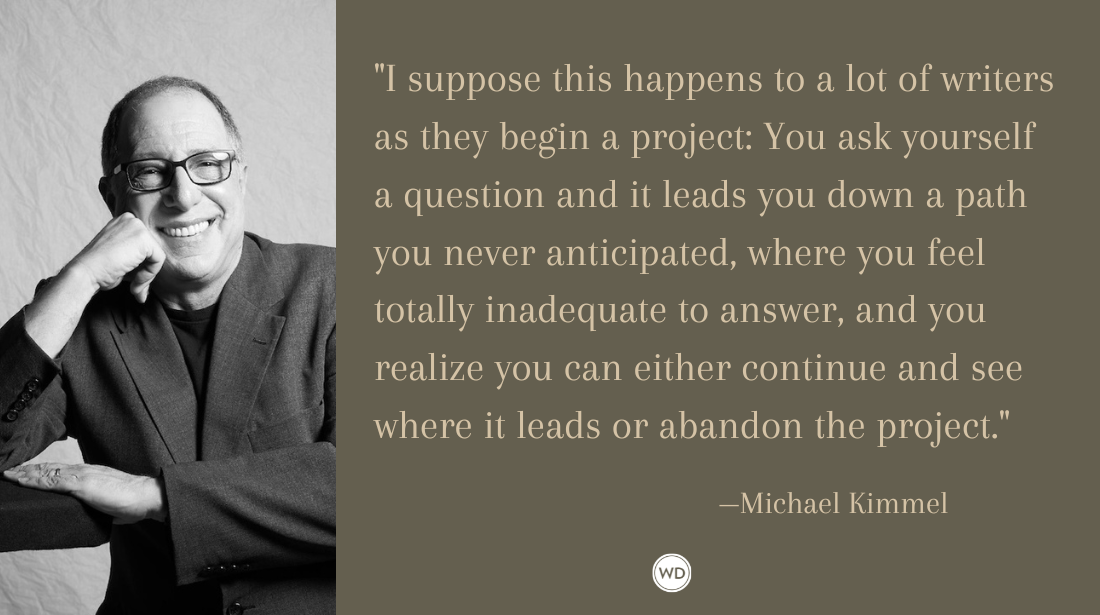5 Ways Journalism Has Changed in the Digital Age
Journalist Alison Hill shares five ways journalism has changed in the digital age and what that means for writers.
At a time when news stories can be written (or recorded), and distributed worldwide in a matter of minutes, saying the digital age has transformed journalism is an understatement.
Technology has permanently changed the way news is created, presented, and consumed. While there’s more easily accessible content than ever before, many would argue that the overall quality of journalism has declined. Others love the way it’s led to the adoption of a variety of different news sources and platforms.
News reporting has always been deadline driven, but the speed of today’s newsgathering leaves old-school journalism in the dust. However remarkable the tech tools, each story needs a critical and experienced eye before publication, and this step is often rushed or even skipped, leading to errors and inaccuracies. Funding for long-term, investigative pieces has also been slashed at TV news stations and newspapers, leading to a significant dearth of in-depth coverage. In the mad race to grab the attention of the world’s eyeballs, some of the principles of journalism are brushed aside.
But the digital age has also democratized journalistic processes, leading to a new era where citizens with the desire and ability can report on stories themselves through a variety of tools and platforms. Now the power has shifted—we can all decide what’s newsworthy or not.
Whether you see them as good or bad the changes are here, and we must adapt. Things are only getting more bizarre with the advent of sophisticated AI tools capable of writing complete articles—a topic we’ll leave for another discussion.
That said, let’s look at some of the most significant ways journalism has changed in the digital age.
1. News is instantly accessible.
Once upon a time news reporters had to wait to see their stories in print. It could be a few days or a week depending on whether they reported for a weekly or daily publication. Now those same stories can be produced and shared within minutes. Online readers have come to expect and rely upon up-to-the-minute news coverage. There are print newspapers and magazines in publication, of course, and people still enjoy reading them, but they are fast disappearing, with consumers preferring the ease of digital access.
2. News is multi-media.
While traditional news mediums still exist—newspapers, television, and radio—they’ve been forced to split their attention between the older mediums and online resources. Technology has opened doors for new and experimental forms of news gathering, and many stories are now multi-media in nature presented with a combination of text, photos, video, and graphics. This creates content that’s easily consumed and digestible for a new generation and those who were never news junkies in the past.
3. Digital technology has opened doors for citizen journalists.
The traditional gatekeepers of journalism no longer completely control the dissemination of news and information. Anyone with a smart phone or a laptop and internet access can try their hand at journalism—some of them are doing remarkably well. There are countless forums and platforms where ‘news’ and information can be shared, and whether it’s technically journalism, well, that depends on your definition of journalism—which is also changing. From blogs to podcasts, the opportunities to create and offer your own news or current affairs services are plentiful.
4. Local journalism has suffered.
According to The New York Times, 2,500 newspapers have closed since 2005. From 2008 to 2020 the number of newspaper journalists in the U.S. fell by almost half. In addition, reports claim that one in five legacy media journalists lives in New York, Los Angeles, and Washington D.C. This is a huge loss for regional journalism as local stories—what’s happening in our own communities, towns, and regions, is arguably the most important for our everyday lives. And it’s vital that news is reported by residents who know and understand their area and the people who live and work there, so they can offer an accurate (and unbiased) picture. But some national publications are making an effort to employ regional stringers to cover once-neglected areas across the United States.
5. New opportunities for freelancers.
While many publications have closed their doors for good, online opportunities abound, especially for freelancers. There are countless publications and news channels sprouting all over the internet, from local online independent news outlets to specialist magazines. Digital publications are easier to pitch and there are less word count restrictions, so they’re more flexible with article length.
Alison Hill is a freelance writer, journalist, and Emmy-nominated producer who writes for print and online publications. Since 2001, Alison has been a regular guest commentator on BBC radio news shows discussing US politics and current events. Before going solo, she was a PBS producer and director and also worked as an investigative journalist for a Welsh TV series. From hosting TV shows and creating online content to going undercover with a hidden camera, she’s done it all. Alison grew up in a tiny village in Wales and speaks fluent Welsh. She’s an avid hiker, who also loves camping, kayaking, and reading. She now lives in South Carolina with her husband, 8-year-old daughter, and two rescue cats.









